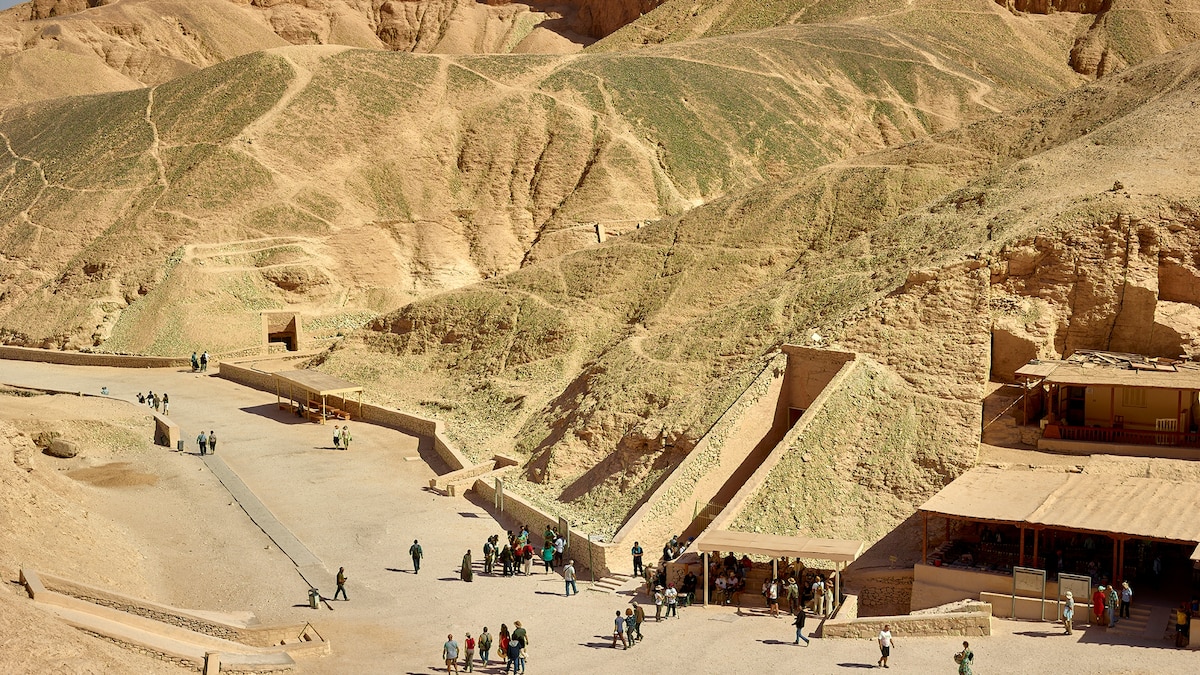Now Reading: 8 Must-Visit Destinations for Video Game Enthusiasts
-
01
8 Must-Visit Destinations for Video Game Enthusiasts
8 Must-Visit Destinations for Video Game Enthusiasts

Quick Summary
- Impact of Video Games on Travel: 35% of U.S. travelers are influenced to book overseas trips based on video games they’ve played, as revealed by Skyscanner’s survey.
- Interactive Nature: filmmaker May Naidoo highlighted the sensory engaging power of video games compared to customary cinema.
- Video Game Tourism increasing: Gamers like Didier South plan trips inspired by locations featured in video games, such as Czechia for Kingdom Come: Deliverance II (2025 game).
- Popular Destinations Linked to Gaming:
– Orlando’s Super nintendo World™ and Orlando Science Center attract fans with immersive gaming experiences such as Yoshi’s Adventure rides and DC superhero exhibits.
– akihabara District in Tokyo offers high-tech stores, collectible arcades, and cultural sites inspiring scenes from iconic games like The Legend of Zelda.
– glacier National Park in Montana inspired settings from Far Cry franchises; Bozeman features museums that blend gaming and historical narratives.
– Luxor’s temples evoke imagery from Assassin’s Creed origins, while local street food connects gamers with unique culinary adventures seen in games.
– Melbourne integrates gaming culture via indie titles (Eastern Market Murder) and attractions at ACMI (Australian Center for the Moving Image) alongside penguin-viewing tours tied to animal Crossing themes.
Indian Opinion Analysis
The increasing influence of video games on global tourism indicates a shifting trend where interactive media-not just books or films-plays a major role in shaping travel choices. For India-a country known for its rich history, mythology, diverse landscapes, and growing digital presence-this could hold notable potential. Video game-inspired tourism might offer opportunities for local developers to integrate india’s cultural heritage into gameplay settings. Famous landmarks like Jaipur’s forts or varanasi’s ghats could connect players globally through virtual worlds while encouraging real-time visits.
Moreover,learning from destinations where modern & historic elements combine effectively-for example Japan’s Akihabara or Egypt’s Luxor-the Indian tourism industry might benefit by aligning cultural storytelling with advancements in tech-driven experiences. This fusion can address younger demographics increasingly drawn toward gamified travel concepts.However, scalability will depend on leveraging collaborative partnerships between Indian developers and international tourism platforms aimed at bridging this gap.
read More: National Geographic article























